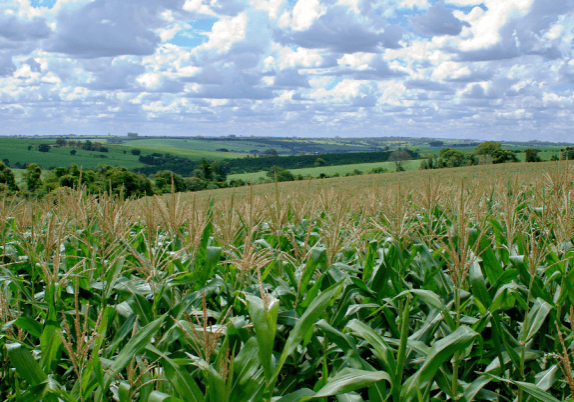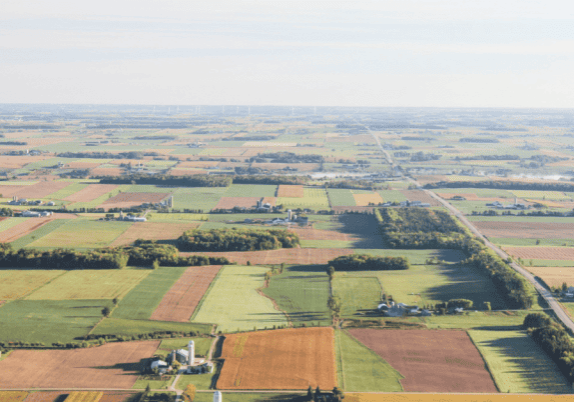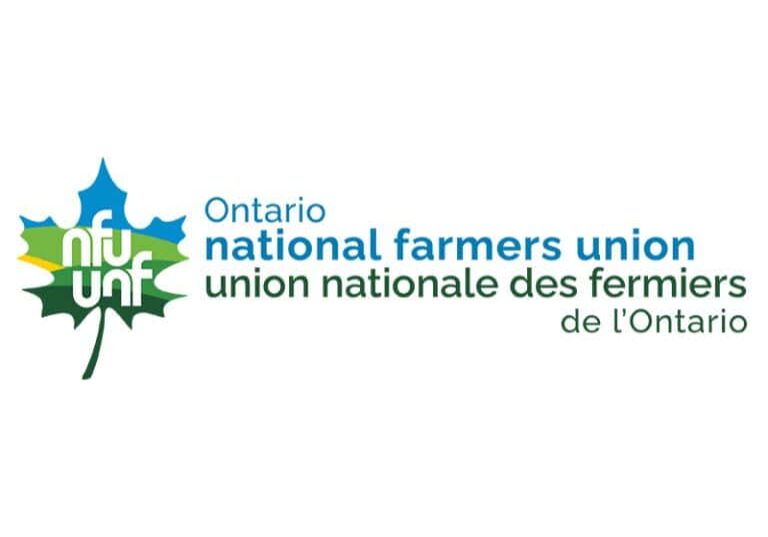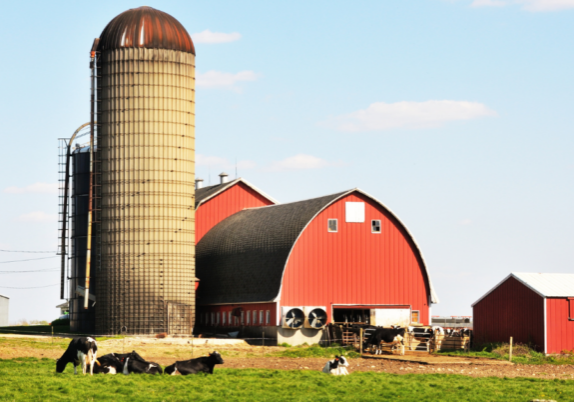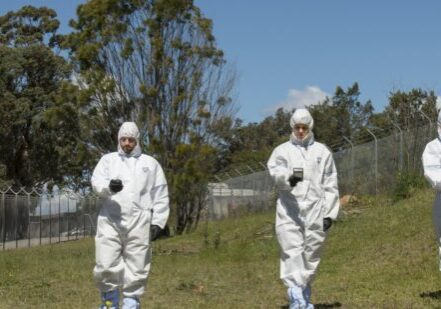Letter to Niagara Regional Leadership Regarding Settlement Area Boundary Review
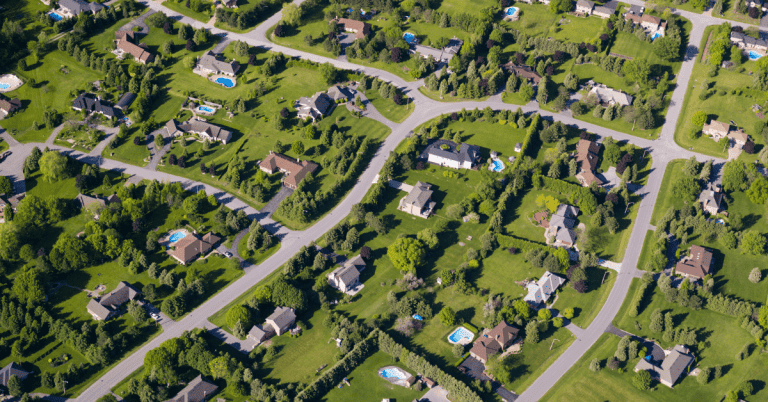
Dear Regional Staff,
I am sending this letter on behalf of the National Farmers Union – Ontario (NFU-O) in response to Staff Reports PDS 41-2021 and PDS 42-2021 to urge Regional Staff to oppose any urban boundary expansion that would result in the loss of prime farmland and to reimagine population growth through responsible densification rather than urban boundary expansion.
The NFU-O is an accredited farm organization representing thousands of sustainable family farmers in Ontario and has advocated for farm families across Ontario and Canada since 1969. The NFU-O believes that the family farm should be the primary unit of food production in Ontario. Members work together to achieve agricultural policies that ensure dignity and income security for farm families, while protecting and enhancing rural environments for current and future generations. The NFU-O collaborates locally, nationally and internationally to research, educate, and share effective solutions that lead to a better world for farm families and their communities.
The Greater Golden Horseshoe (GGH) is home to one of North America’s largest agricultural and agricultural-food clusters, with a unique diversity of primary farm production, food processing, food service, food distribution and retail that represents the fastest growing employment sector in Ontario.
Both the provincially protected farmland within the Greenbelt and ‘unprotected’ farmland composes a crucial resource at the centre of this massive economic sector, and once paved this farmland will be lost forever. In 2018, the NFU-O and 14 other organizations in the agricultural sector called on the province to freeze all urban expansion and introduce firm, permanent municipal growth boundaries in the GGH to prevent the region’s remaining farmland from being paved over and additional farming communities from being displaced. Contributing to the loss of Ontario’s farmland undermines farmers’ ability to grow food, new farmers’ ability to access farmland, and threatens the food security of the province.
Furthermore, a City of Ottawa study showed that implementing responsible densification of urban areas would save municipalities $603 per person. Alternatively, the type of low-density development proposed within Niagara Region, will cost the city $465 per person as the cost to build and maintain infrastructure for roads, power and sewage will be greater than income generated by property taxes.
Focus should be placed on revitalization of existing infrastructure in under populated rural hamlets and urban areas where responsible densification can take place. As proposed in section 2.2.2 in Chapter 2 of the draft Niagara Official Plan, taking advantage of existing transportation and civil infrastructure for intensification instead of expansion is a much more cost-effective means of handling population growth over time, and may lead to complete communities in areas that are typically underserved.
It is imperative to implement good land use plans that preserve prime farmland and create a strategy for responsible densification of urban areas. The projections in the drafted Official Plan for population growth and densification targets create a misleading picture of the need for urban boundary expansion. Furthermore, the existing densification targets are too low and should be raised.
The need to raise densification targets to create complete communities is exemplified in the July 8, 2021 letter from Alex Herlovitc, Niagara Falls Director of Planning, Building and Development, that states it is necessary to increase densification targets in urban areas and cease projected development into greenfield areas in order to meet a demand for mixed income housing. Through the use of realistic population growth projections and increased densification targets it is clear that no urban boundary expansion is needed. Focus should be put into realization of equitable and responsible densification of existing built areas.
The majority of the agricultural areas proposed for redesignation and development are Class 2 and 3 soils, some of the best farmland in Ontario. For these reasons the NFU-O urges Niagara Regional Staff to re-envision a growth plan that puts complete communities, urban intensification, and local food production as the priority rather than urban boundary expansion that will lead to unsustainable urban growth.
Sincerely,
Don Ciparis
President, National Farmers Union – Ontario
